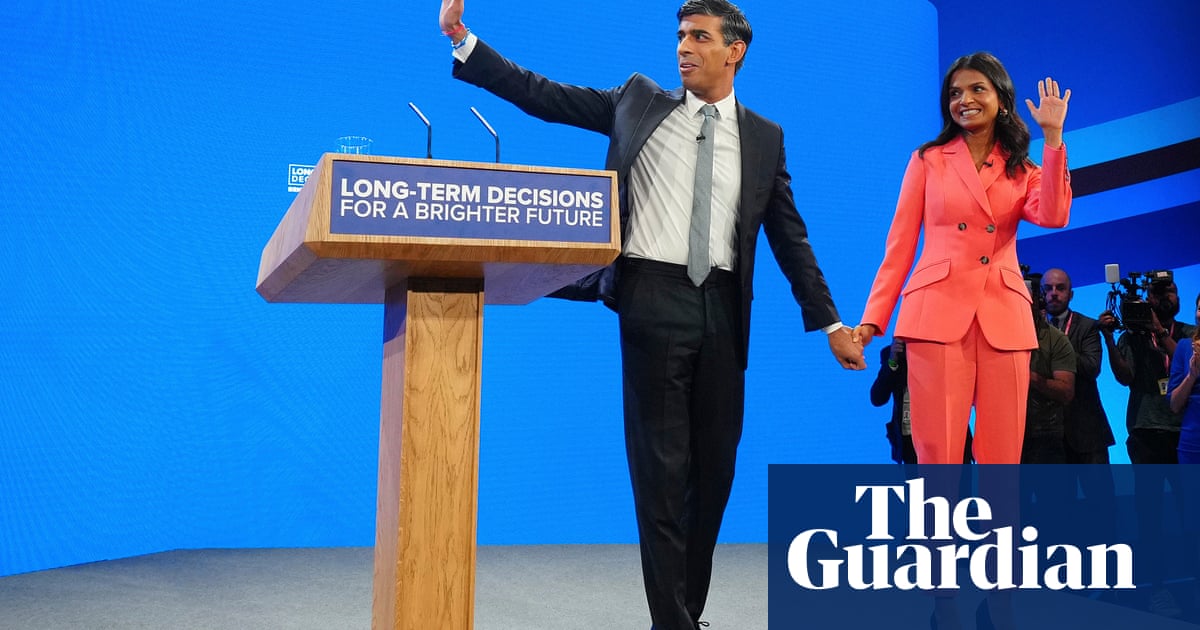
Sajid Javid, the health secretary, has been drawn into the “non-dom” controversy after admitting he held the status for six years while a banker, allowing him to legally avoid tax on overseas earnings.
The senior cabinet minister, a former chancellor, gave a statement to the Sunday Times saying he had held non-dom status, thought to be on the grounds that his father was born in Pakistan.
He also admitted to holding wealth in an offshore trust until he became a minister in 2012, dissolving it and paying 50% tax on the wealth he brought into the UK.
“I have been domiciled in the UK for tax purposes throughout my entire public life,” he said. “Given heightened public interest in these issues, I want to be open about my past tax statuses. My career before politics was in international finance. For almost two decades I constantly travelled around the world for work.”
Before he became an MP in 2010, Javid said, he spent some years as a non-dom, giving this up in 2009.
“For some of those years I was non-domiciled for tax purposes, but I paid all UK taxes due on my income and have always done so,” he said. “In 2006 I moved to Singapore with my family and was therefore no longer a UK tax resident. In 2009, upon my return to the UK, I became tax resident in the UK again and also proactively chose to give up my non-domiciled status by making the UK my ‘domicile of choice’.”
He added: “Prior to returning to the UK and entering public life, some of my financial investments were based in an offshore trust. While this was an entirely legitimate arrangement, on becoming a minister in 2012 I decided to voluntarily collapse that trust, repatriate all assets to the UK and pay 50% income tax on those assets.
“This approach deliberately incurred the heaviest possible tax burden, and offset any accrued benefits from the previous trust arrangement, but I believed it was the right thing to do.”
As chancellor before Rishi Sunak, Javid boasted that the Conservatives had introduced more than 100 measures to “tackle aggressive tax avoidance and evasion” in order to make the tax system “simpler and, most importantly, fairer”.












